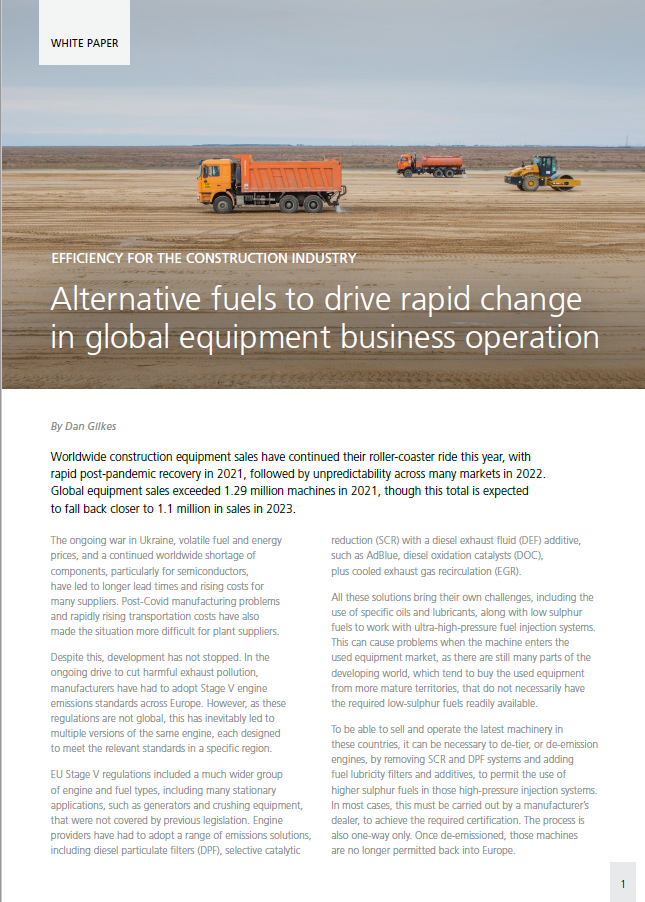
Royal Dutch Shell has made a final investment decision to build one of Europe’s biggest biofuels facilities in Rotterdam, the Netherlands.
Planned to be built at the Shell Energy and Chemicals Park Rotterdam, formerly known as the Pernis refinery, the new facility will have a production capacity of 820,000t a year of biofuels.
How well do you really know your competitors?
Access the most comprehensive Company Profiles on the market, powered by GlobalData. Save hours of research. Gain competitive edge.

Thank you!
Your download email will arrive shortly
Not ready to buy yet? Download a free sample
We are confident about the unique quality of our Company Profiles. However, we want you to make the most beneficial decision for your business, so we offer a free sample that you can download by submitting the below form
By GlobalDataThe facility will be equipped with Shell-developed advanced technology to produce low-carbon fuels such as renewable diesel and sustainable aviation fuel (SAF).
Planned to be commissioned in 2024, the facility will produce fuels from waste animal fat, used cooking oil, and other industrial and agricultural residual products.
Shell said that the facility could produce enough renewable diesel to avoid CO₂ emission of 2,800,000t annually. This would be equivalent of taking more than one million cars off the roads in Europe.
The firm plans to use carbon capture technology at the facility and store the CO₂ in an empty gas field beneath the proposed Porthos project in the North Sea.
The new facility is expected to contribute to Shell’s aims to become a net-zero emissions energy business by 2050 and achieve the climate goals of the Paris Agreement.
Shell Netherlands president director Marjan van Loon said: “Shell has been on the road to a lower-carbon future for some time.
“This investment is an important step as we transform the Energy and Chemicals Park Rotterdam from a traditional refinery into a sustainable energy park.”
Separately, Shell has signed an agreement with industrial IoT as-a-service startup Hiber to provide well integrity monitoring solutions.
The agreement allows all Shell entities and subsidiaries to use HiberHilo’s end-to-end IoT solution to safely measure the real-time well temperature and pressure on unconnected wells in remote and offshore locations.
Shell said it has already deployed the well monitoring solution at its operations in the North Sea.




